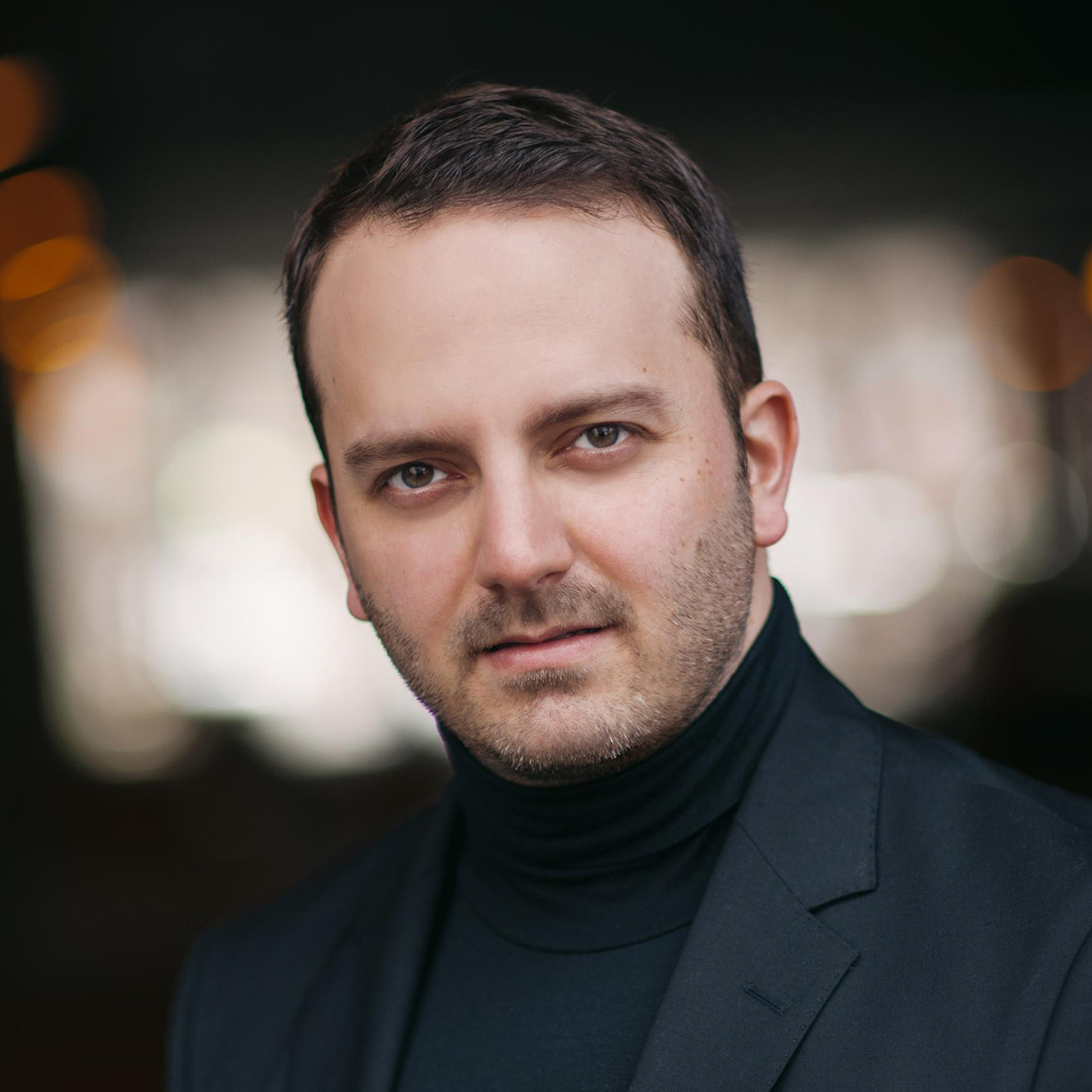When Madama Butterfly premiered at La Scala in 1904, Giacomo Puccini expected a triumph. Instead, it became a fiasco, highly criticized by both audiences and critics. In an interesting parallel to Verdi’s composition of La traviata: Puccini undertook a series of revisions, reshaping the work into the taut, deeply affecting opera we know today. By the time it reached Brescia later that year, Madama Butterfly had become a masterpiece.
In Madama Butterfly, Puccini, already celebrated for La bohème and Tosca, achieved something even more refined: long, seamless arcs of sound where voice and orchestra fuse into a single emotional current. Famous for his search for a piece’s sonic color or tinta, Puccini studied Japanese melodies and sonorities, weaving them into his late-Romantic language with remarkable subtlety. Rather than simple exoticism, he created a soundscape hovering between cultures. In some of his operas, he even chose to label sections not as atti (acts) but as quadri (panels), evoking the framing of a painting rather than the division of a traditional stage work.
For a modern listener, it can seem like a less-than-authentic portrayal of Japanese culture and music, but we must understand, that with the limited access to the actual culture, these expressions of them are more fantastical imaginations of what those cultures might be like. Puccini himself never stepped foot on Japanese soil.
Beyond its surface beauty, Madama Butterfly pulses with emotional electricity. Puccini sets long spans of quiet expectation, only to unleash music of sweeping, almost cinematic intensity. He famously quotes the U.S. national anthem within the tapestry of his Japanese soundscapes. The score alternates between whispered intimacy and full-throated passion, between private reverie and the kind of orchestral outpouring that seems to rise from the depths of the earth. This volatility is what gives the opera its charge: Puccini allows tenderness and devastation to inhabit the same breath, so that when the climaxes arrive, they feel not written but inevitable.
That Madama Butterfly began as a failure only deepens its resonance. Through revision and persistence, Puccini transformed a disastrous premiere into one of opera’s most enduring works: A score where personal devotion and historical consequence converge, and where music gives voice to hope, heartbreak, and the quiet courage of starting anew. Lyric Opera of Kansas City has brought together a truly remarkable cast for this, and in partnership with the incredible Kansas City Symphony, it promises to be a performance of Madama Butterfly that will honor Puccini’s intimate lyricism while unleashing the opera’s full dramatic power.
Don't miss Madame Butterfly, conducted by Roberto Kalb, November 14–16, 2025 at the Kauffman Center for the Performing Arts. Get tickets now.
Photo by Michael Bishop for Houston Grand Opera.
